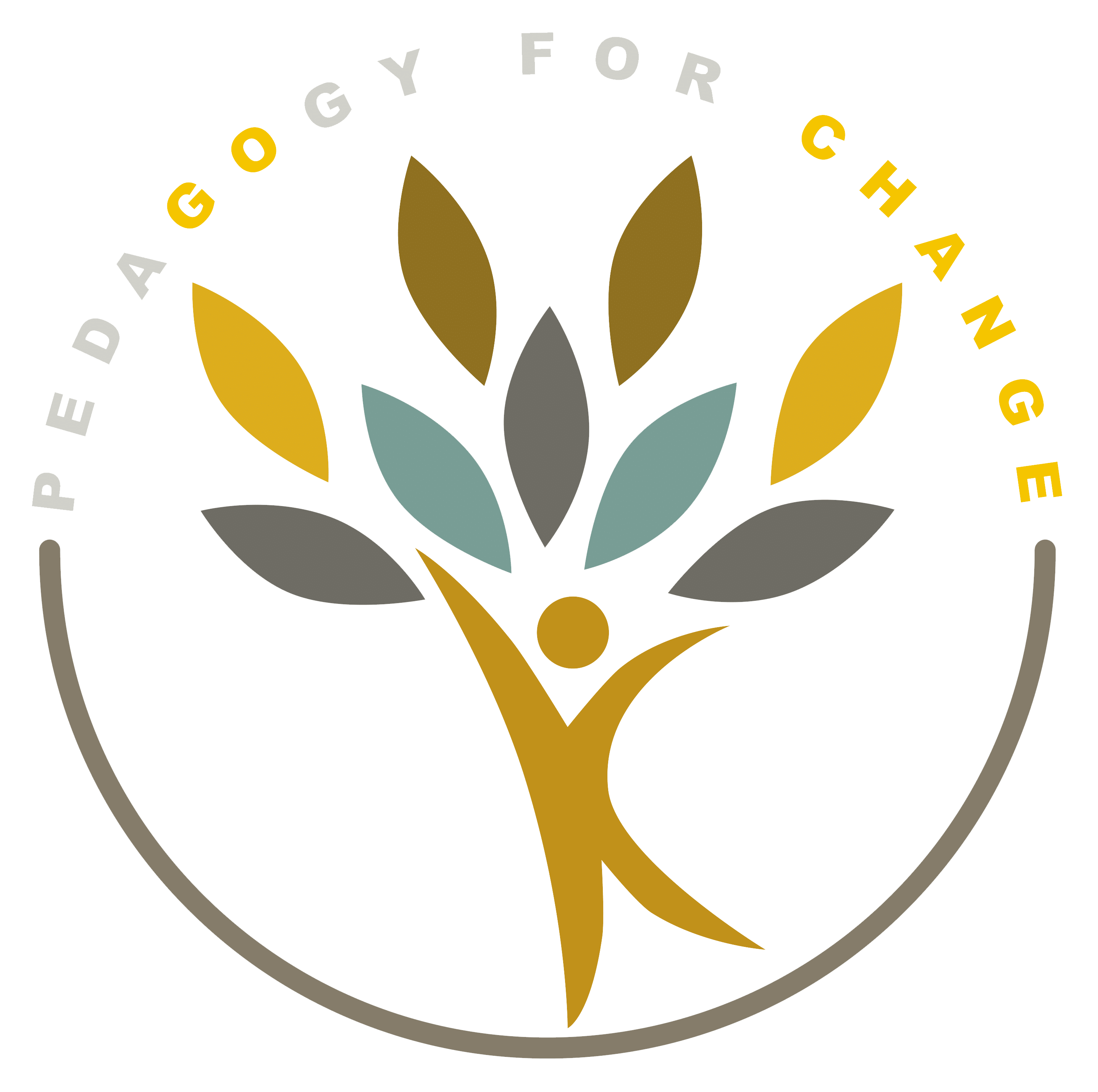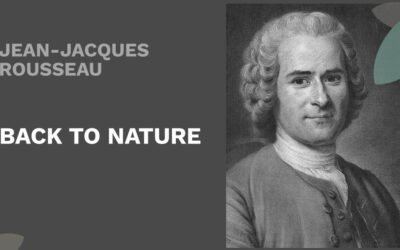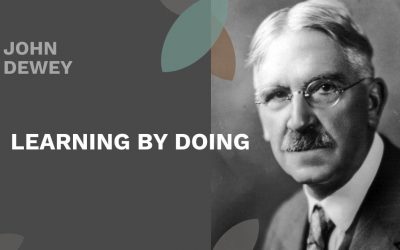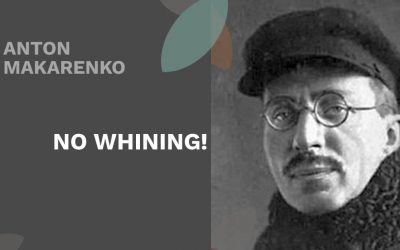
What is Pedagogy for Change?
The Pedagogy for Change programme offers 12 months of training and experiencing the power of pedagogy – while you put your skills and solidarity into action.
Studies and hands-on training takes place in Denmark, where you will work with children and youth at specialised social education facilities or schools with a non-traditional approach to teaching and learning.
In short:
• 10 months’ studies and hands-on training in Denmark, working with children and youth at specialised social education facilities or schools. At the same time yo will study the world of pedagogy with your team – a group of like-minded people. You will meet up for study days every month.
• 2 months of exploring the reality of communities in Scandinavia / Europe, depending on what is possible – pandemic conditions permitting. You will travel by bike, bus or perhaps on foot or sailing.
James P. Comer
“No significant learning can occur without a significant relationship.” ~ Dr. James Comer
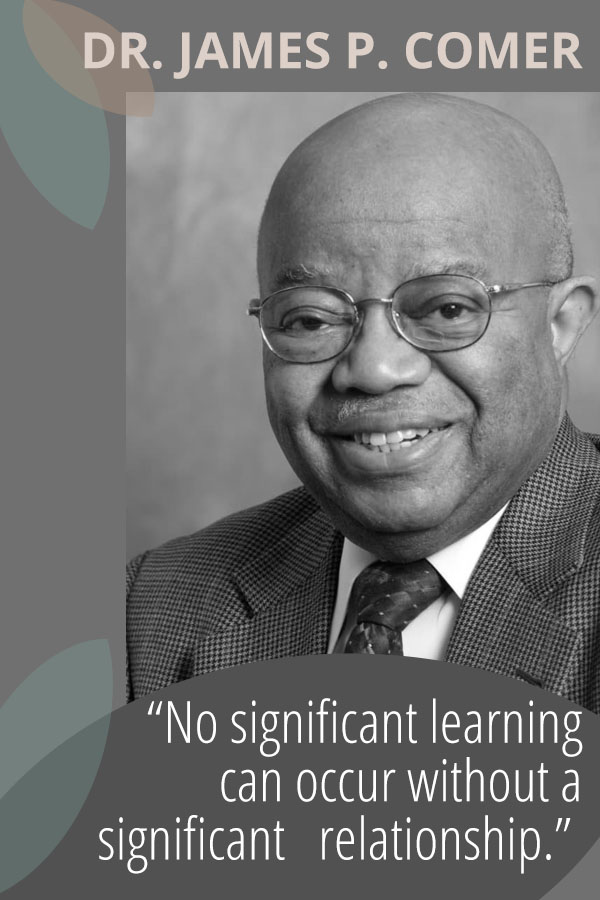
Really? Does this mean that you need to be close to your teacher to learn something, or that children can only learn from their parents or other significant persons in their life?
Of course not. Most people would agree that significant learning can take place through many different channels – for example reading of books, listening to music which has a profound impact on you, exploring nature on your own, or following a lecture about a topic you are passionate about – even though the lecturer herself is somewhat boring and you have absolutely no significant relationship with her at all.
What is a significant relationship?
So, what kind of “significant relationship” does Dr. Comer talk about in this quote?
Apparently, Dr. Comer’s remark in an old lecture has grown out of neuroscience findings showing that meaningful relationships with material and experiences are remembered and applied more than others.
However, as practitioners of social pedagogy, we also know, that when working with vulnerable or socially challenged children and youth, relationships do matter. A lot. We know that without building meaningful relationships with the young people we work with, not a lot can be achieved.
Significant relationships in social pedagogy
In this context, we guess it’s human nature to make connections and interpret Dr. Comers quote according to our experiences, values, and professionalism. Even if Dr. Comer didn’t have social pedagogy in mind when he said those famous words, his quote still makes sense when we talk about relationship between people.
That being said, it doesn’t have to be either/or. Both kinds of significant relationships apply when we talk about teaching and learning – both significant relationship with the people involved in a child’s learning, and the significant relationship that a learner has to the materials and experiences of the learning task.
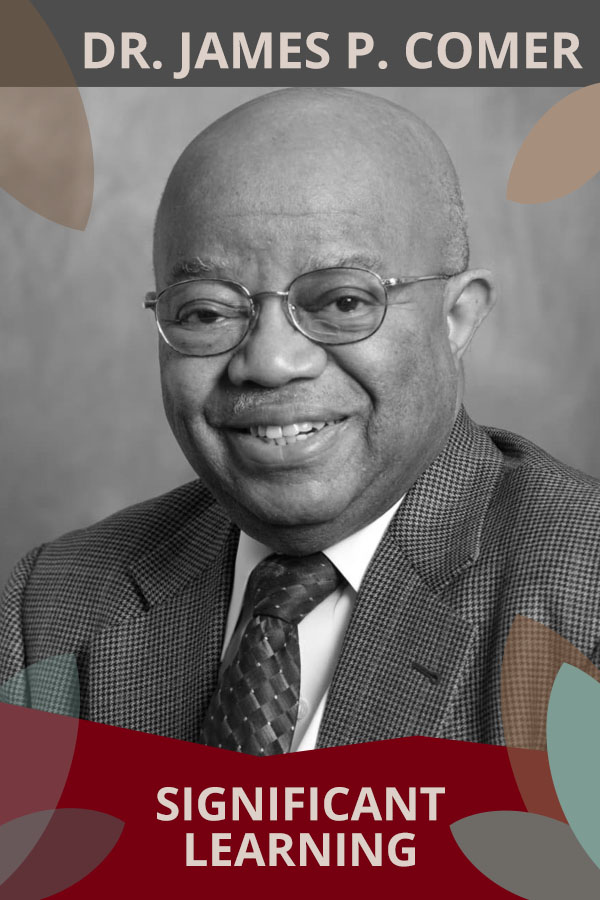
“No significant learning can occur without a significant relationship.”
– Dr. James Comer
The Comer Method
Leading child psychiatrists, Dr. James P. Comer, is best known for his pioneering efforts to improve the scholastic performance of children from low-income and minority backgrounds.
Unlike most education-reform programs, which focus on academic concerns, such as improving teachers’ credentials and building students’ basic skills, the “Comer Method” emphasises the development of children’s social skills and self-esteem.
Source: encyclopedia.com
MORE GREAT PEDAGOGICAL THINKERS
Jean-Jacques Rousseau
Rousseau wrote Émile, or On Education, 250 years ago – but the pedagogical principles described in this novel still have much to offer modern educators.
John Dewey
Education, teaching and discipline are lifelong social phenomena and conditions for democracy, according to acclaimed American philosopher John Dewey.
Anton Makarenko
Teaching, work, discipline & self-management were the main pillars in the pedagogy developed by Anton Makarenko. He became the founder of the theory of collective education.
